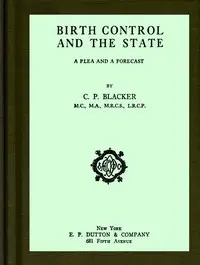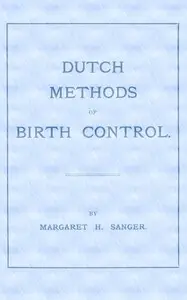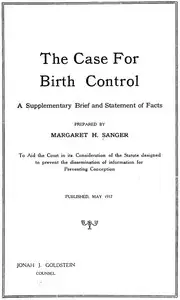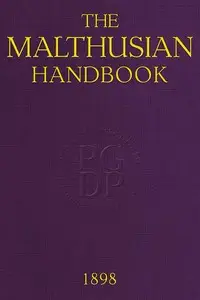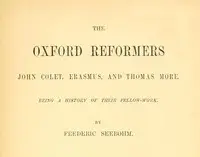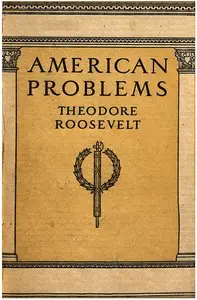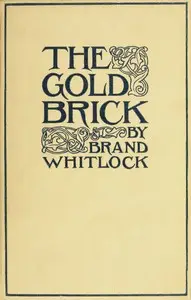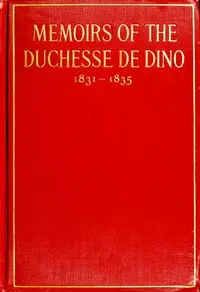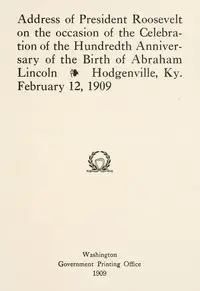"Birth Control: A Statement of Christian Doctrine against the Neo-Malthusians" by Halliday G. Sutherland, M.D., is a disapproving analysis of population control ideas that rose to prominence in the early 1900s. The book refutes the claim that artificially preventing births solves poverty and society's problems. Instead, it passionately argues that these approaches are deeply flawed, and asserts that a belief in overpopulation is misguided. Sutherland attempts to reveal the harmful effects of the Malthusian view on families and communities through a religious and moral view point; opening with a rejection of the idea that overpopulation leads to poverty and disease, and then discussing Thomas Malthus' theory that population growth will always eclipse the food supply and cause the fall of society. Sutherland argues against this by presenting evidence that counters the overpopulation assertion, and then proposing the idea that poverty is correlated to things beyond the number of births. He frames birth control as an issue of morality.

Birth Control: A Statement of Christian Doctrine against the Neo-Malthusians
By Halliday Sutherland
In a world grappling with population concerns, one man challenges the prevailing wisdom, igniting a debate over faith, family, and the future of humanity.
Genres
Released
2005-08-01
Formats
epub3 (images)
mobi (images)
epub (images)
epub
mobi
txt
Free Download
Summary
About the AuthorHalliday Gibson Sutherland (1882–1960) was a Scottish medical doctor, writer, opponent of eugenics and the producer of Britain's first public health education cinema film in 1911.
Halliday Gibson Sutherland (1882–1960) was a Scottish medical doctor, writer, opponent of eugenics and the producer of Britain's first public health education cinema film in 1911.
Total Reviews
10.0k
Total reviews from Goodreads may change

